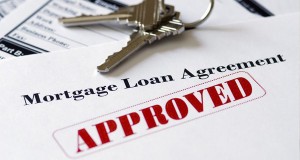
May 8, 2017
FHA Loan Fees: A Reader Question
A reader asked us a question in the comments section recently about FHA loan fees. “What is the total that lender can charge on an FHA loan?” Unfortunately there is no single answer to this question. FHA loans, and all mortgage loans, have costs that will vary depending on the lender, the transaction, whether or not sellers agree to pay some of the closing costs or other expenses. etc. Even the FHA loan funding fee, which is a standard part of all this, is based on a percentage of the mortgage amount. That amount naturally varies depending on the transaction. FHA loan rules in HUD 4000.1 instruct the lender: “The Mortgagee or sponsored TPO may charge a reasonable origination fee. The Mortgagee or sponsored TPO may charge and collect from | more...








